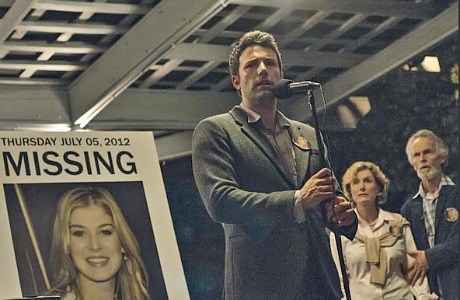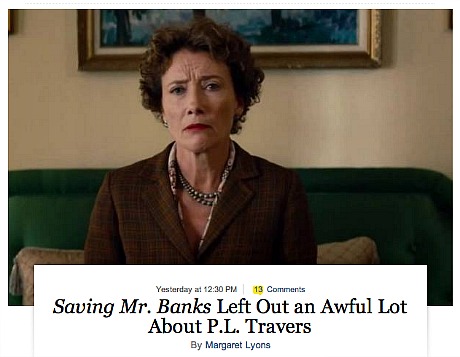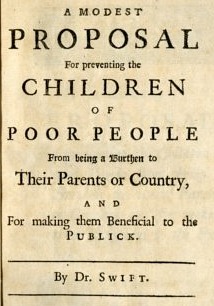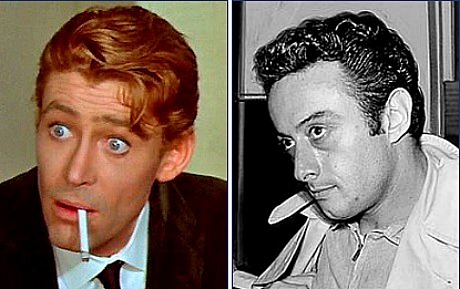Yesterday the first photo from David Fincher‘s Gone Girl, an adaptation of Gillian Flynn’s psychological thriller about an apparently sociopathic husband (Ben Affleck) who has issues with his wife (Rosamund Pike), was posted on 20th Century Fox’s Twitter page. Pic has been rolling in California and Missouri (Cape Girardeau is one location) since last month. Tyler Perry, Neil Patrick Harris, Missi Pyle, Patrick Fugit, Casey Wilson and Emily Ratajkowski costarring. “Gillian adapted it and I think it’s very, very faithful to her book,” Affleck told EW‘s Jeff Lebrecque last month. “If you read the book and liked it, you will definitely like the movie.” (Flynn is a former EW writer.) Fox will open it on 10.3.14.

Affleck is just doing the scene and no biggie, but the 60ish couple (apparently the parents of Rosamund Pike’s character) are noticably “acting.” The husband’s left hand on his wife’s left arm conveying concern, alarm. I don’t like that shit. Don’t “act” — behave.





